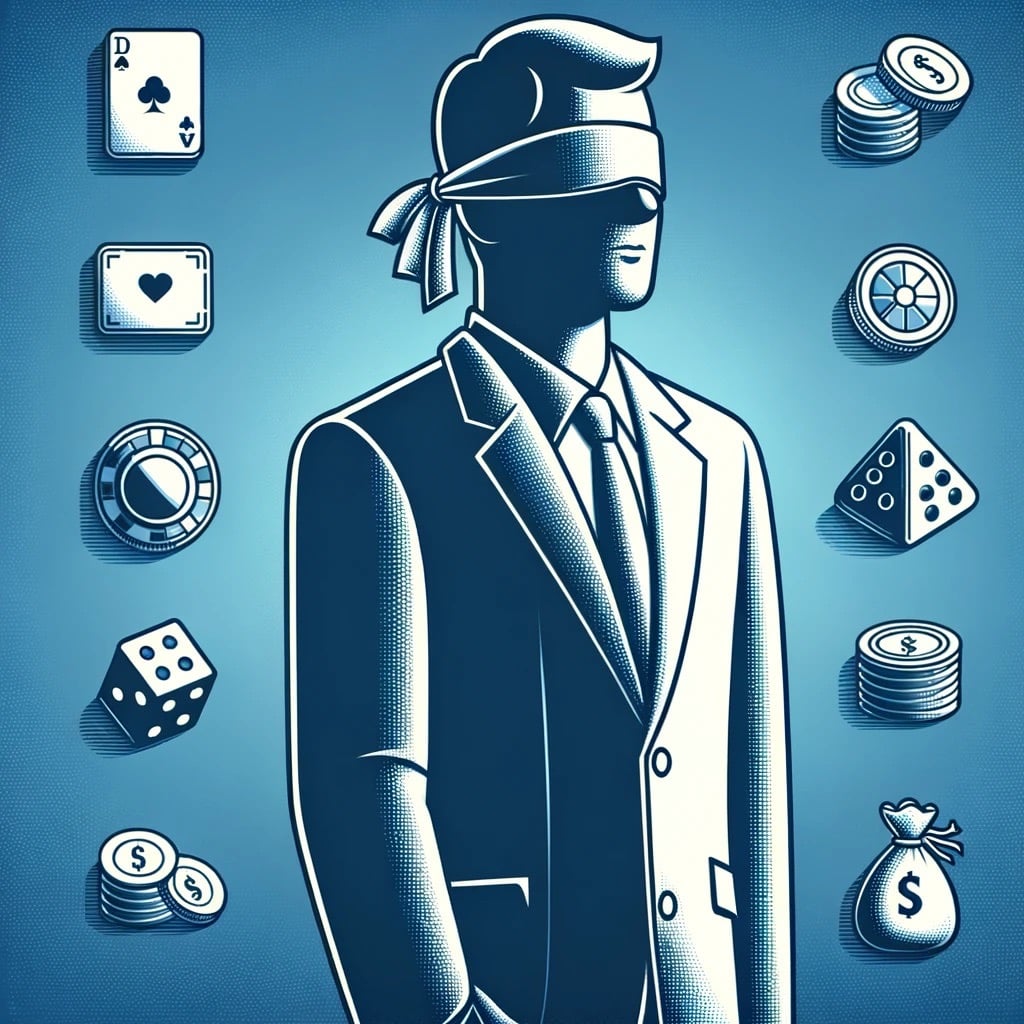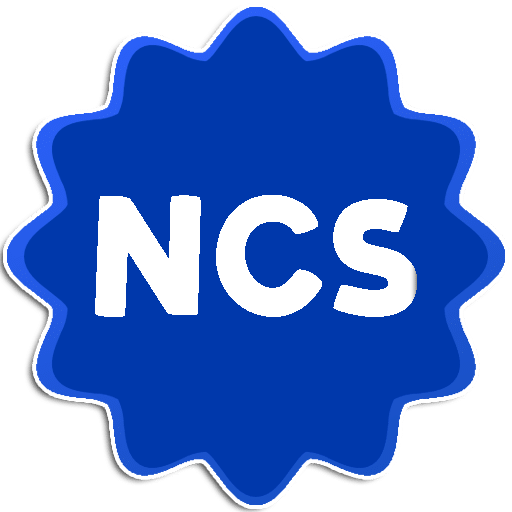Facing the Truth: Overcoming Gambling Addiction Denial for Yourself or a Loved One
The journey to overcoming any challenge begins with admitting there's a problem. Whether you’re worried about your own relationship with gambling or someone you care about, this comprehensive guide on gambling addiction denial can help.


Recognising the Signs of Gambling Addiction Denial
According to a study from the University of Cambridge gambling crafts an 'illusion of control.' This belief that you can influence the outcome of random events explains why some people are in the grips of gambling addiction denial.
Let's dig deeper into recognising a gambling addiction problem before identifying the next steps you can take to address the issue.
Take a moment to assess. Are you, or someone close to you, gambling with more than just money? Early detection is crucial, and here's what to look out for:
- Unexplained financial troubles: Are debts piling up without a reasonable explanation?
- Emotional volatility: Frequent mood swings, irritability, or bursts of anger.
- Fixation on gambling: An obsessive focus on the next bet, win or loss.
- Reduced life quality: Limited funds and free time causing a dip in overall well-being.
- Social strains: Alienation from friends and family, creating a cycle of isolation.
- Family conflicts: Arguments over finances, trust issues, and overall relationship strain.
- Health concerns: Physical ailments possibly tied to stress, inactivity, or substance abuse.
- Work-related issues: Performance declines, absenteeism, or even potential unemployment.
- Engaging in unlawful activities: A desperate bid to finance gambling habits.
Spotting these indicators can be a lifesaver for you or someone you care about.
Why Many Gambling Addicts are in Denial
If you're wrestling with a problem gambling issue, chances are denial has you in its grip. But what is denial, really? Let's break it down to understand how it can trick your mind and keep you stuck.
First off, denial messes with your thinking. According to research by Bortolotti (2010), your brain uses shortcuts called 'cognitive biases' to make sense of the world. In gambling, these biases twist reality. You start to think you're just a bet away from turning it all around, even when losses are piling up. You tell yourself you're in control, even when the evidence says otherwise.
But denial is also an emotional guardian, a point highlighted by McWilliams (2011). It keeps painful feelings like shame or guilt at bay. It blocks you from seeing the real extent of your gambling addiction, which can prevent you from seeking the help you need.
Take the Quiz to Remove All Doubt of Gambling Addiction Denial
If you're still in doubt whether you or a loved one might have a problem, this quick quiz can help. Here's how to score it:
- "Never" gets you 0 points
- "Sometimes" equals 1 point
- "Often" earns you 2 points
- "Always" is a red flag at 3 points
If you rack up a score of eight or more, it's time to get professional help from one of the many available groups or support tools available.
Quiz Corner
- Are you or your loved one betting more than you can afford?
- Do you find the thrill only kicks in when raising the stakes?
- Is chasing losses becoming a pattern?
- Is gambling sparking stress or anxiety?
- Has anyone mentioned concerns about these habits?
- Is borrowing money or selling belongings on the table?
- Are finances taking a hit?
- Is there a guilt cloud hovering over your gambling?
How You or Your Loved Ones Can Take Control: Practical Steps
After you or a loved one has admitted they have a gambling problem, these are the next steps:
Lock Down Your Finances
So you don’t fall back into old ways, we recommend contacting your bank to block gambling-related transactions. The following UK banks can enforce this by simply contacting their customer care teams:
Consult the Experts
While going it alone might seem tempting, grappling with a gambling addiction requires a team effort. Beyond professional resources, community support plays a crucial role, and it's backed by solid science. Studies from the National Center for Biotechnology Information highlight that joining peer support groups like Gamblers Anonymous can significantly shift your gambling behaviours and boost your mental well-being.
Be aware that you'll need full engagement, consistent attendance, and an authentic will to change. These factors contribute directly to your ability to recover from gambling addiction, making them indispensable components of your healing journey.
More often than not, you'll find that your peers in groups like those of Gamblers Anonymous are also navigating mental health or behavioural challenges. Sharing these hurdles not only offers you solace but also provides precious insights that you can apply in your own recovery. Our resources Resources such as How Gambling Affects the Brain and How to Stop Children from Gambling can further inform your understanding of the wider impacts of gambling.
And it's not just about altering gambling behaviours; it's also about enhancing your emotional health. According to research published by the National Institutes of Health, community support can dramatically reduce symptoms of anxiety and depression. Experiencing the liberation that comes from sharing your journey, as well as learning from others who have overcome similar obstacles, is a powerful motivator. Additionally, Activities to Stop Addiction and the National Gambling Support Network can provide the practical tools needed for your journey.
So, don't just go it alone. Leverage this wealth of communal and professional resources to tackle your gambling addiction head-on.
Limit Gambling Ads and Curb Online Exposure
To limit the temptation to gamble again, download gambling-blocking software like GamBlock, BetBlocker, NetNanny, GamBan and Betfilter. These tools bar access to gambling websites and ads. Organisations like GamCare and GamStop offer some of these resources free of charge, empowering you or others to recover even if you’re low on funds.
Also, platforms like Facebook offer built-in settings to curate your ad experience. A few clicks can minimise your exposure to gambling-related content, making your online journey a safer one. And while you're at it, consider dialling back your overall screen time to distance yourself from potential triggers. Additionally, consider taking advantage of self-exclusion programs. These programs allow you to proactively request platforms and online casinos to restrict your access, providing an added layer of protection against the temptation of gambling.
Final Words on Tackling Gambling Denial
Denial is a formidable opponent in the battle against gambling addiction, but as we’ve discussed above, you're not alone in this struggle. Countless individuals have broken free from the chains of denial and taken control of their lives. The road to recovery starts with acknowledging the issue, and the good news is that numerous resources stand ready to help you.
From personal counselling to advanced tools designed specifically to counter denial and curb gambling impulses, your path to recovery is supported at every turn. Confronting denial isn't just an act of courage; it's an investment in your future - one that promises greater control, self-respect, and the opportunity to mend the parts of your life that seemed lost.
Whether you're making that first courageous step to confront denial or are well into your journey towards recovery, every moment you spend bettering yourself is invaluable. Armed with effective strategies, the right tools, and a supportive community, you can rewrite your life story for the better.
References
- Bortolotti L. Delusions and Other Irrational Beliefs. Oxford University Press; Oxford: 2010.
- McWilliams N (2011). Psychoanalytic Diagnosis: Understanding Personality Structure in the Clinical Process (2nd edition). New York, Guilford.
- Pickard Hanna (2016). Denial in Addiction. Mind and Language, Vol 31 (3): 277-299.
